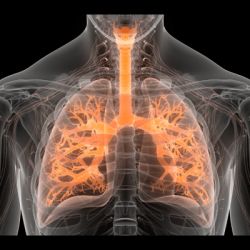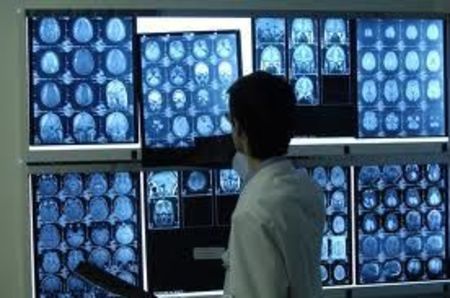In order to raise awareness among the general public and draw attention to the broad contribution imaging makes to general healthcare, the European Society of Radiology (ESR) has decided to launch the 1st European Day of Radiology on February 10th, the anniversary of the death of Wilhelm Conrad Röntgen, who first discovered x-rays in 1895. The European Day of Radiology will, for the first time, see coordinated press activities undertaken by national radiological societies across Europe to highlight the role and significance of medical imaging.
Societies from nineteen countries have accepted the ESR’s invitation to take part in this endeavour, all of whom will launch press releases on key topics, focusing on the recent challenges and achievements in their respective countries. The topics reflect some of the most important issues in radiology, which are just as relevant to potential patients as they are to those working in the field. Cancer detection and therapy, emergency radiology, patient safety and radiation dose reduction, and stroke imaging are all areas of major importance in radiology, and each participating country will take at least one of these subjects as the focus of its press activities, with some societies also deciding to support them with various events held on and around February 10.
The national radiological societies of Austria, Belgium, the Czech Republic, Croatia, France, Georgia, Hungary, Ireland, Italy, Lithuania, the Netherlands, Poland, Portugal, Romania, Spain, Sweden, Switzerland, Turkey and the UK all agreed to take part in the initiative, and a total of 27 representatives of these societies have been interviewed by ESR staff to create press releases that will be distributed to the media in their home countries. In many cases the topics will be the same and the general essence will be similar, but the close involvement of the radiological societies means each press release bears a particular national relevance. It is hoped that this will increase the specificity of the campaign’s wider message and help to enhance radiology’s image as an essential and progressive element of modern medical care. Healthcare systems vary from country to country, but the big issues in radiology are universal. Although several radiological societies will be participating in the European Day of Radiology, the initiative was conceived and coordinated centrally by the ESR, a non-profit organisation based in Vienna, Austria. Formed in 2005 through the merging of two other organisations – the European Association of Radiology and the European Congress of Radiology – the ESR has spent the last five years promoting and coordinating all manner of radiological activities, bringing together more than 50,000 members worldwide in the process.
The date of February 10 was chosen for the European Day of Radiology to draw a link between the beginnings of radiology and its current status, so as to highlight the progress made, as much as to honour the life of the man who made the very first steps in founding the discipline. Wilhelm Conrad Röntgen received the Nobel Prize in Physics in 1901 “in recognition of the extraordinary services he has rendered by the discovery of the remarkable rays subsequently named after him”. Significantly, he refused to take out patents, intending the practical applications of x-rays to benefit mankind to the greatest possible extent, and did not even want his discovery to bear his name. Long after his passing he is still undoubtedly the most important personality in the history of radiology, having laid the foundations for the many and varied advances made in his wake.
Through the European Day of Radiology, the ESR and all participating societies will be hoping to contribute to making those advances better known and to bringing the image of radiology into a sharper focus.























